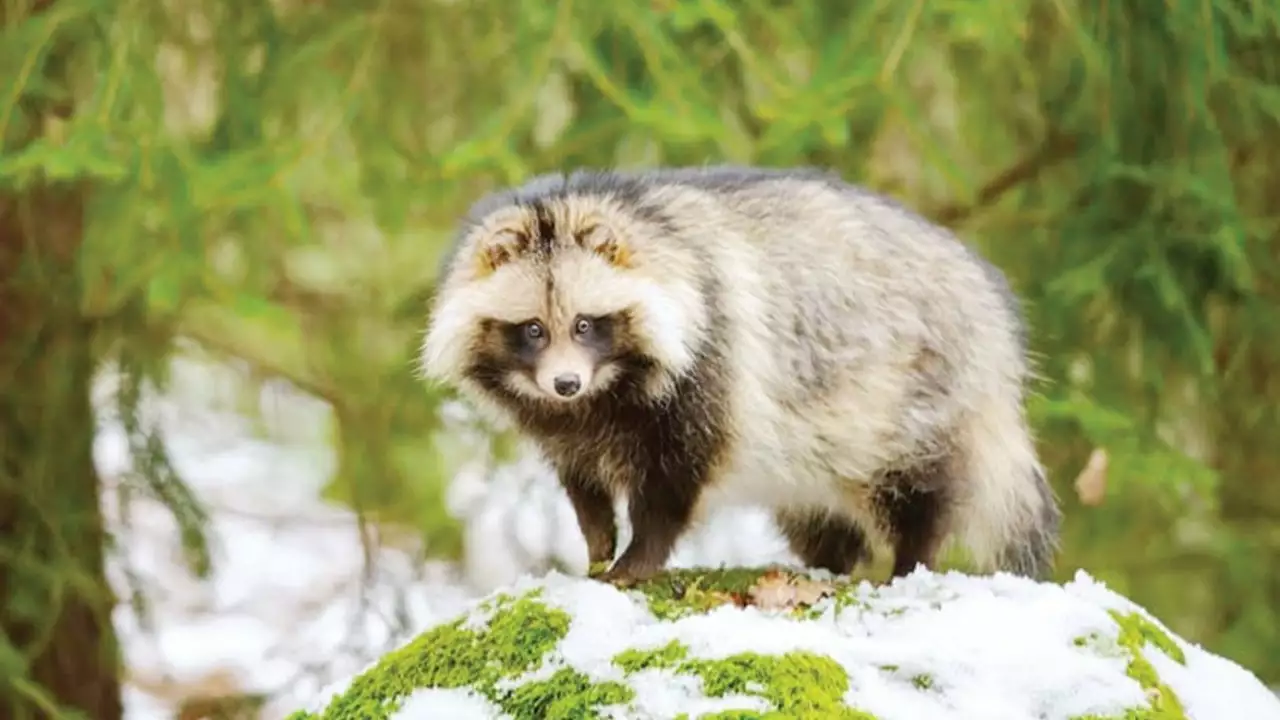SEARCH
Where do raccoons hibernate in winter?


Understanding Raccoon Behavior
Before we delve into the main topic, it’s important to understand the behavior of raccoons during different seasons. Unlike many animals, raccoons do not technically hibernate. However, they do enter a state of 'torpor' during colder months. This is a state of decreased physiological activity that allows them to survive without eating for extended periods. Similar to hibernation, but not quite the same, as raccoons can be occasionally active during this period.
Winter Dens: Raccoons' Safe Havens
During the winter months, raccoons seek out dens to stay warm and safe. These dens can be found in a variety of places. A raccoon’s den can be in hollow trees, logs, rock crevices, abandoned burrows, or even in human structures like attics, crawlspaces, and chimneys. These places provide not only shelter from the harsh winter weather but also protection from predators.
Inside these dens, raccoons huddle together for warmth. They also store some fat reserves before winter hits, which helps them survive during the cold season when food is scarce. However, during milder winter days, raccoons may venture out of their dens in search of food.
The Raccoon Torpor: Not Quite Hibernation
Raccoons do not truly hibernate, but they do enter a state called torpor. This state of decreased physical and metabolic activity allows them to conserve energy. During torpor, a raccoon’s body temperature drops, and its heart rate slows down. This state is not as deep as hibernation, and raccoons can wake up and become active if they need to.
It’s worth noting that torpor duration in raccoons can vary depending on the local climate. In colder regions, raccoons may stay in torpor for extended periods, even up to a month. However, in milder climates, raccoons may enter and exit torpor frequently throughout the winter.
Impact of Urbanization on Raccoons' Winter Habits
In recent years, urbanization has significantly impacted the winter habits of raccoons. In urban areas, raccoons have adapted to living in close proximity to humans. They have learnt to scavenge food from trash cans, pet food bowls, and other sources, which can be plentiful even in winter.
This abundant food supply means that urban raccoons do not need to rely on fat reserves or enter torpor as much as their rural counterparts. As a result, they remain active throughout the winter, only seeking shelter during particularly harsh weather. This change in behavior can lead to more frequent human-raccoon encounters during the winter months.
Keeping Raccoons Safe and Away from Your Home
While raccoons are cute and interesting creatures, they can become a nuisance if they choose your attic or chimney as their winter den. Moreover, raccoons can carry diseases like rabies, which can pose a risk to humans and pets.
Therefore, it’s important to take steps to keep raccoons away from your home. This can include securing your trash cans, not leaving pet food outside, and sealing off potential entry points to your home. If you suspect that a raccoon has already made a den in your home, it’s advisable to contact a professional wildlife removal service rather than trying to remove the animal yourself.